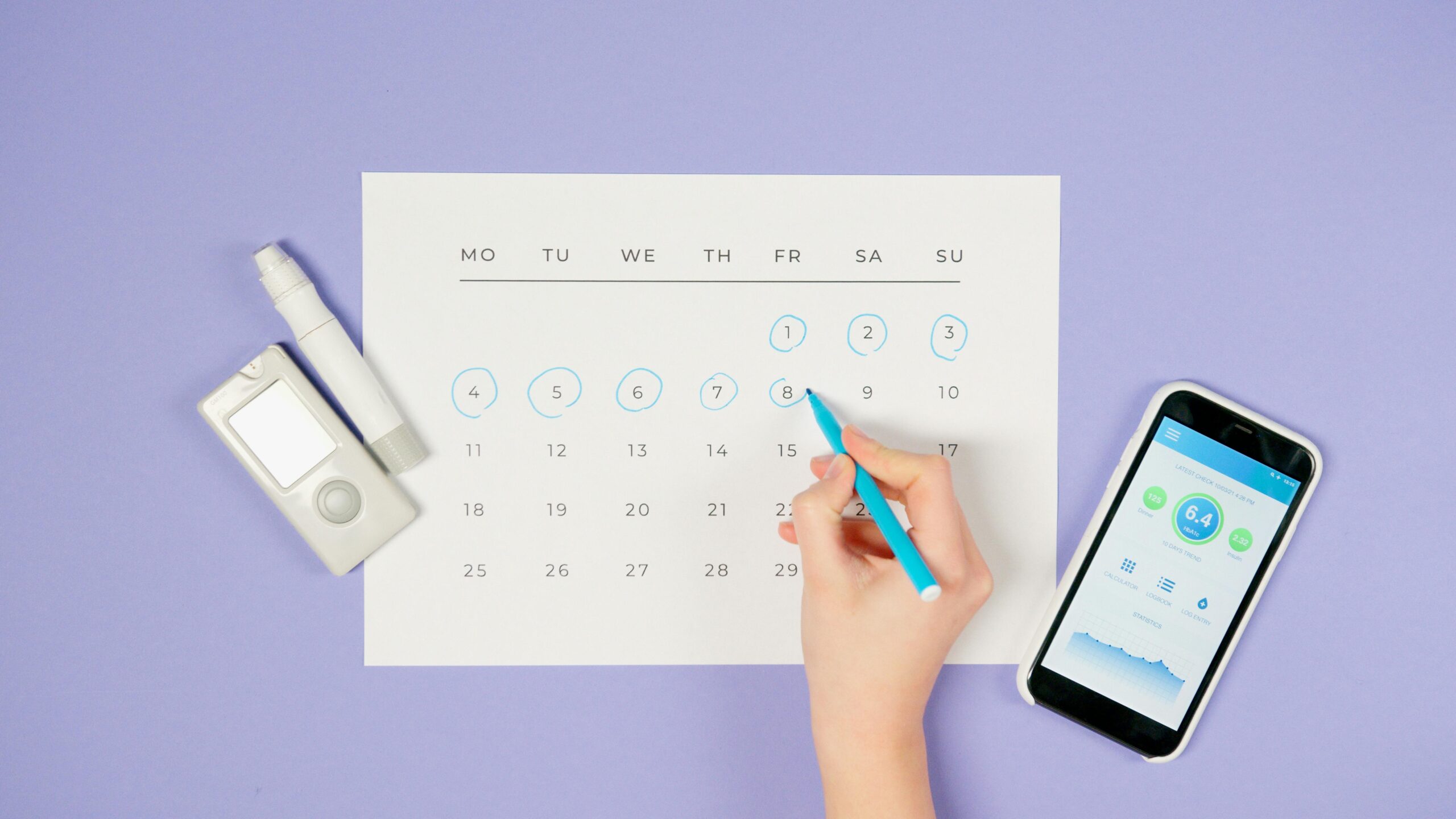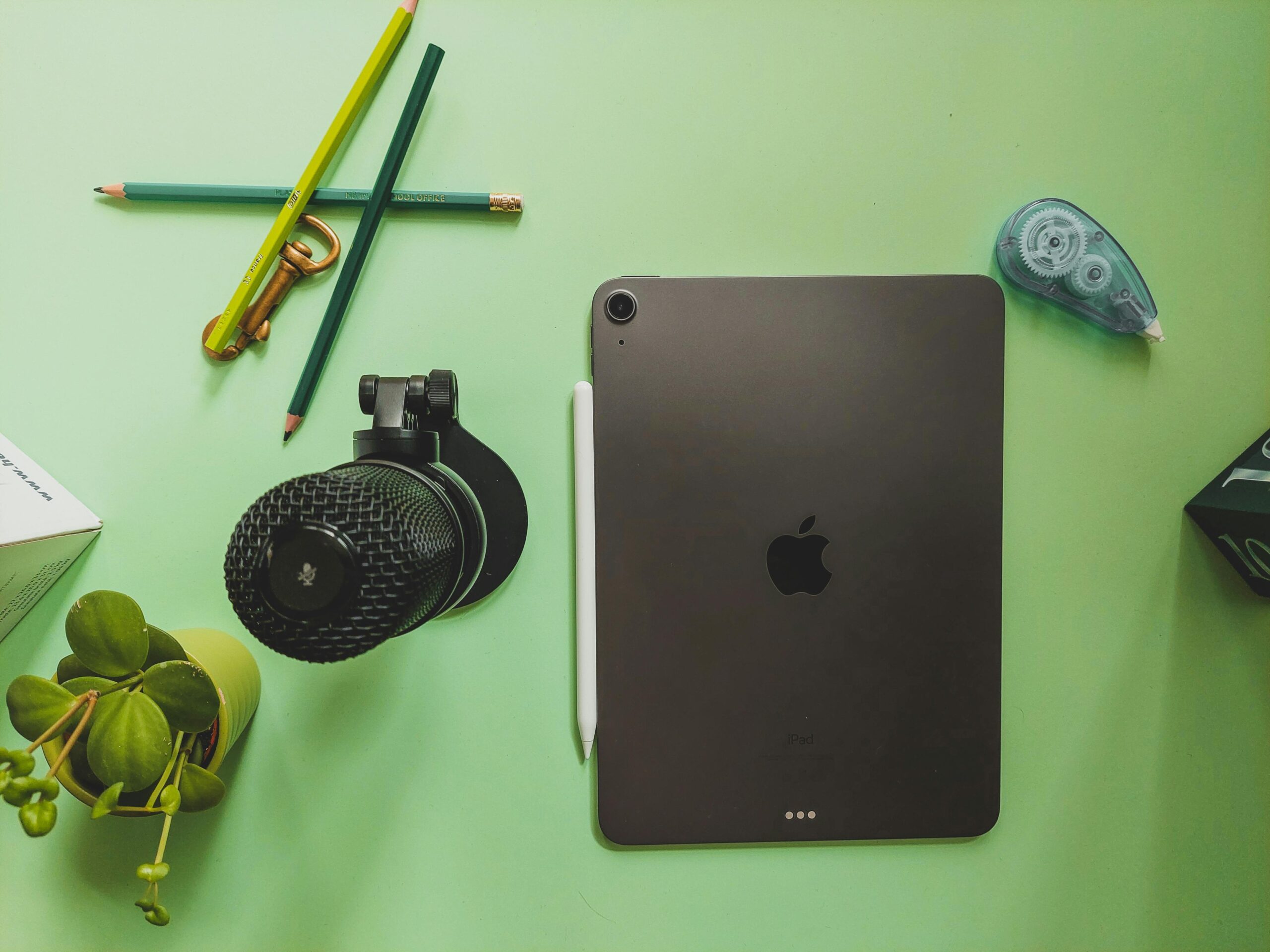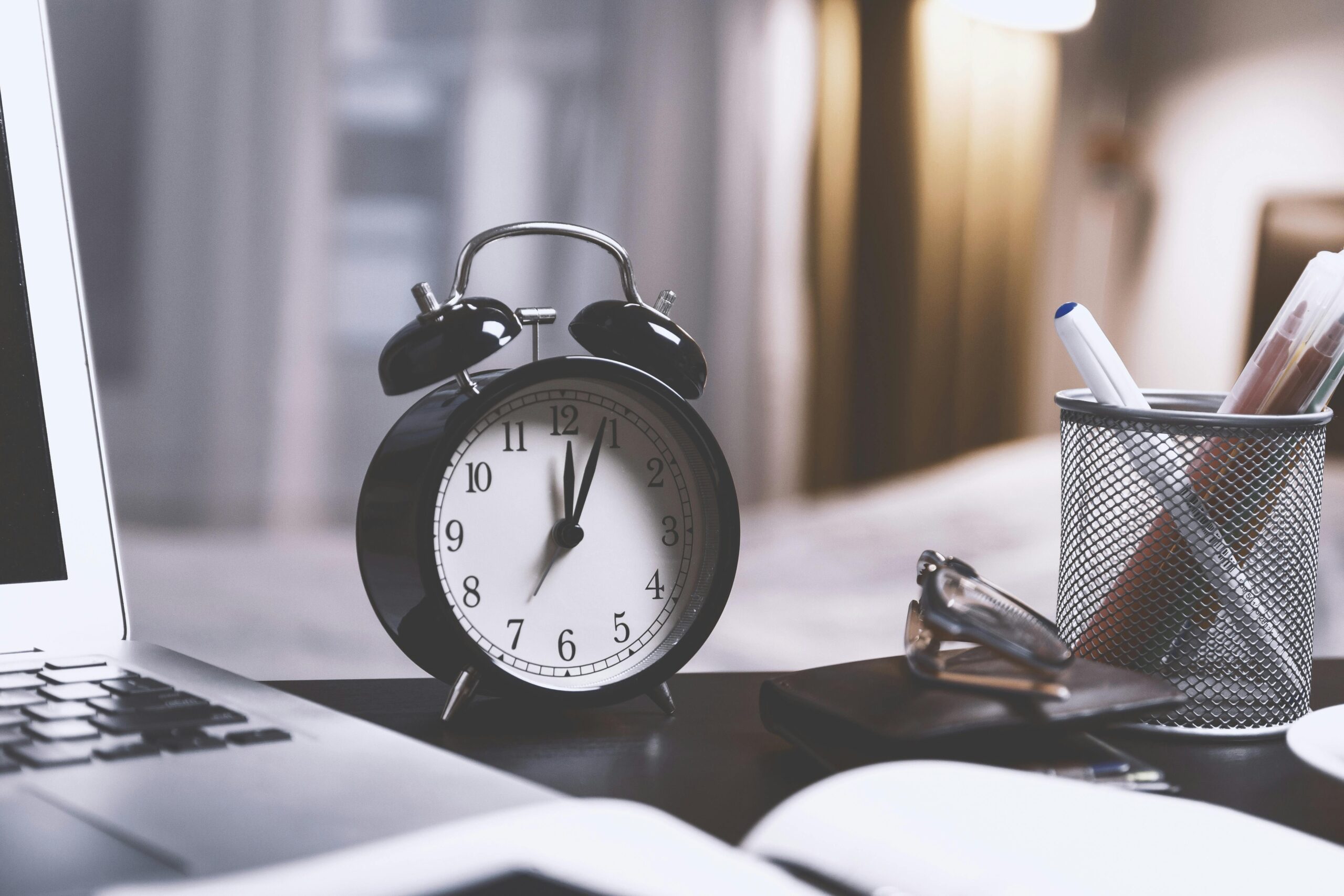Ever stared at your to-do list at midnight, wondering how it only grew instead of shrinking? Yeah, we’ve all been there. Juggling productivity and well-being is tricky—especially when time feels like the enemy. But what if there’s a way to turn time into your best ally?
In this guide, you’ll learn why “Time Management” isn’t just about cramming more tasks into fewer hours. We’ll explore:
- The surprising connection between time management apps and better health.
- A step-by-step plan for choosing the right planning app.
- Actionable tips to use these tools effectively without burning out.
- Real-life examples from people who mastered their schedules—and their peace of mind.
Table of Contents
- Key Takeaways
- Why Time Management Matters for Health
- How to Choose the Right Planning App
- 5 Tips for Using Time Management Apps Efficiently
- Real-Life Success Stories
- FAQs on Planning Apps
- Conclusion
Key Takeaways
- Poor time management can impact both physical and mental health by increasing stress levels.
- Planning apps help streamline focus, reduce procrastination, and improve overall wellness.
- The best apps are intuitive, customizable, and designed with user well-being in mind.
- Sustainable time management requires consistency—not obsessiveness.
Why Time Management Matters for Health

Let’s get real here—I used to think “time management” was corporate jargon for squeezing eight meetings into six hours. Spoiler alert: It didn’t work. My mornings looked chaotic, my evenings were chaotic, and somewhere in between, I forgot to eat lunch. Sounds familiar?
Honestly, bad time habits suck the life out of us—literally. Studies show prolonged mismanagement of daily schedules leads to chronic stress, anxiety, and even sleep disorders. So yeah, you’re not imagining things; feeling constantly overwhelmed has consequences.
The Bright Side
But wait—there’s hope. Good time management gives structure, helps prioritize meaningful activities, and creates room for self-care. Plus, modern planning apps act like personal assistants minus the coffee runs (unless you program that too).
How to Choose the Right Planning App

“Optimist You:” ‘Downloading an app will solve everything!’
Grumpy You: ‘Yeah, sure…if you download twenty-five of them.’
Picking the wrong app is like buying running shoes two sizes too small—it’s uncomfortable and won’t last long. Here’s a simple framework:
- Define Your Needs: Focus on what matters most. Do you need calendar integration or habit tracking?
- Check Reviews: Avoid shiny interfaces if users complain about crashes every five minutes.
- Trial Before Commitment: Many apps offer free versions. Test before splurging on premium features.
- Keep It Simple: Don’t overcomplicate. Simpler apps often yield better adherence.
Rant Alert: Why do some apps need 87 permissions just to remind me to drink water? Seriously, respect boundaries.
5 Tips for Using Time Management Apps Efficiently

Even the fanciest tool won’t save you unless you use it wisely. Here’s how:
- Set Realistic Goals: Write down achievable objectives. Saying “I’ll meditate for three hours a day” while working full-time? Not happening.
- Leverage Automation: Use reminders, push notifications, or auto-schedulers so you never forget deadlines.
- Prioritize Tasks: Label urgent versus important items. Eat the frog first—aka tackle tough stuff early.
- Dodge Overloading: Terrible Tip Inside: Some say cramming as many tasks as possible into one app works wonders. Nope. It burns you out faster than superhero movies at the box office.
- Review Regularly: Check weekly progress and adjust accordingly. Like any good Tamagotchi owner would.
Real-Life Success Stories
Meet Sarah—a busy graphic designer who couldn’t find balance until she downloaded Todoist. Within weeks, her project backlog vanished, and she rediscovered yoga classes she loved but abandoned. Chef’s kiss moment? She says, “Now I actually remember weekends exist.”
Then there’s Alex, a college student who hacked his ADHD with Clockify. His grades improved because he visualized where time slipped away—and reclaimed control.
FAQs on Planning Apps
Do I Really Need an App?
Technically no—but come on, sticky notes lose stickiness eventually.
What If I Hate Digital Tools?
Old-school planners still rock. Go analog if tech stresses you out.
Which App Works Best for Beginners?
Google Calendar or Microsoft To Do—they’re straightforward and widely adopted.
Conclusion
Nailing time management through planning apps isn’t magic—it’s discipline mixed with the right resources. When done correctly, you might finally stop Googling “how to survive adulting.” Remember, your future self will thank you.
And hey—if nothing else sticks, remember: Be kind to yourself. Life isn’t meant to be perfect, just planner-friendly.
Chef’s Kiss Meme Goes Here: *Delicious.*


